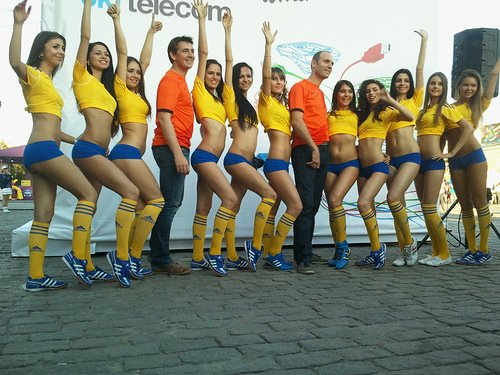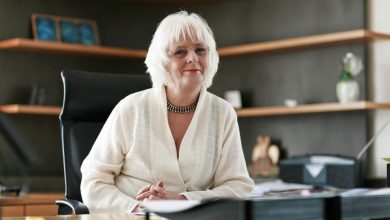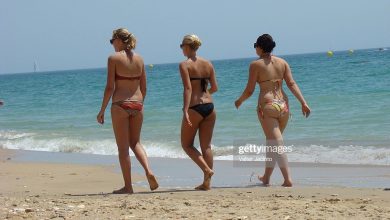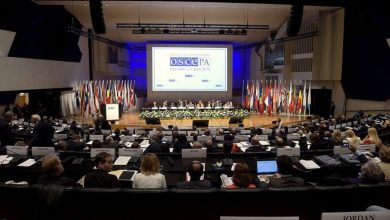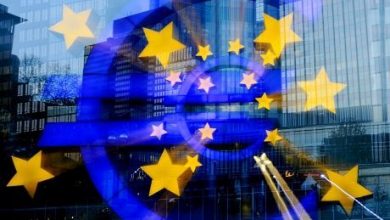Viktor Yushchenko: Ukraine is a European country
In April, Ukrainian President Viktor Yushchenko decided to dissolve parliament and hold early elections. They were later scheduled for September 30th. As this date approaches, the tension of political confrontation in Ukraine began to increase. The correspondent of “Euronews” went to Kiev. The leader of the country’s largest Party of Regions, Prime Minister Viktor Yanukovych, refused an interview at the last moment. President Viktor Yushchenko, supported by the Our Ukraine-People’s Self-Defense bloc, answered questions of interest to EuroNews.
EuroNews: Mr. President, welcome to EuroNews. Extraordinary parliamentary elections are approaching. You initiated their holding in the spring. Why?
Victor Yushchenko: The situation is quite simple. After fair democratic elections, a revision of the voting results began in parliament. Most parties began on a corruption basis to buy up deputies from other factions for money. At first – 2, then another 2, then another 13, then it was announced that next week there would be 25 more. This process left the constitutional channel. As president, I called on the parliament to stop these actions and restore the status quo, but, unfortunately, this did not happen. The only tool that could be used in such a situation is the holding of early elections. Only in this way could we restore the legitimacy of the Ukrainian parliament.
EuroNews: What is the significance of the upcoming elections for Ukraine?
Victor Yushchenko: This is a very important step for the nation, it is a very important step for Ukrainian politicians. I am sure that after the early elections what happened in the parliament, that political corruption, in the main part, will be stopped. We will radically narrow the field for political corruption, for buying laws, for reviewing the political results of elections. Most importantly, the country began to realize that it is possible to calmly get out of crises of this kind, like parliamentary ones, through democratic methods.
EuroNews: It seems that since the Orange Revolution Ukraine has been living only through political confrontation. And how has the quality of life of people changed during this time? How is the economy developing?
Victor Yushchenko: I would say that after the Orange Revolution there have been changes that the Ukrainian economy has not known for the past 15 years. If we talk about macroeconomic indicators, the dynamics of GDP growth in our country is at the level of 7 – 7.5 – 8%. This is a stable indicator, which made it possible to significantly change budget policy. In 2005 – just for 1 year – we increased budget revenues by 54%, the next year – by 37%. In the last 2.5 years, Ukraine does not know what social protests are. For example, today a living wage and a minimum pension are equal concepts. And for Ukraine, it was a very sensitive topic, especially for 14 million pensioners. In 2005, salaries increased by more than half, real incomes increased by 21%. And much more. I would say that I am pleased for the economic potential of the nation, for the social, humanitarian potential of the people. These are the changes that the nation has long been waiting for.
EuroNews: Why didn’t you support the initiative to hold a referendum on the status of the Russian language and Ukraine’s accession to NATO? What is your position on these issues?
Victor Yushchenko: I’m not sure that the language of another state can identify us as Ukrainians. This is not even a matter of discussion. Secondly, the current language policy, which is enshrined in the constitution of Ukraine, gives clear answers to the prospects for the development of the Russian language or any other language of national minorities. Our language doctrine is clearly written out of the European language charter. She absolutely matches her.
For NATO, the situation is this. Firstly, no one is asking us today whether we want to join NATO or not. The time will come, they will ask us, and we will formulate a national response. I have already said whether Ukraine should join NATO or not is a matter of a popular referendum. There is no discussion here. The adoption mechanism will be public.
EuroNews: Could the idea of European integration become national for Ukraine or is it no longer relevant?
Victor Yushchenko: It is very relevant. It is subconsciously perceived by society quite easily. Today, the European Union is the main trading partner of Ukraine. And every year these relations are developing more and more. We penetrate more and more niches of the European market. For us, the 3-year Ukraine-EU agreement, which is being successfully implemented, was very important. As part of this agreement, we held more than 70 events. Now Ukraine is on the verge of joining the WTO. We are convinced that this is a milestone that can qualitatively change our relations with our large and small neighbors and, above all, with the European Union. In other words, when we say “Ukraine-European Union” – this is a hot topic that concerns every circumstance of the practical life of a citizen of Ukraine.
EuroNews: What ideally do you see the near future of Ukraine?
Victor Yushchenko: This is a European country. This is a democratic country. This is a country in which the basic democratic values are clearly and irrevocably fixed, starting with the right to choose – ending with freedom, freedom of speech. This is a country that I am sure will create the rule of law, the rule of law. We will deal with corruption that was brought from the past, which is a great evil and applies to many industries. We are talking about this publicly and are fighting this publicly. And I’m sure that we will have success.
I am very optimistic about the prospects for Ukraine, because this country has always been in the center of Europe. When I talk about European values, I mean those values, the formation of which, I am sure, and my nation has made tremendous efforts. She is also the author of this European policy.
EuroNews: Thank you for the interview, Mr. President.
euronews.net, 21.09.07
This post is also available in:
 English
English  Русский (Russian)
Русский (Russian)

